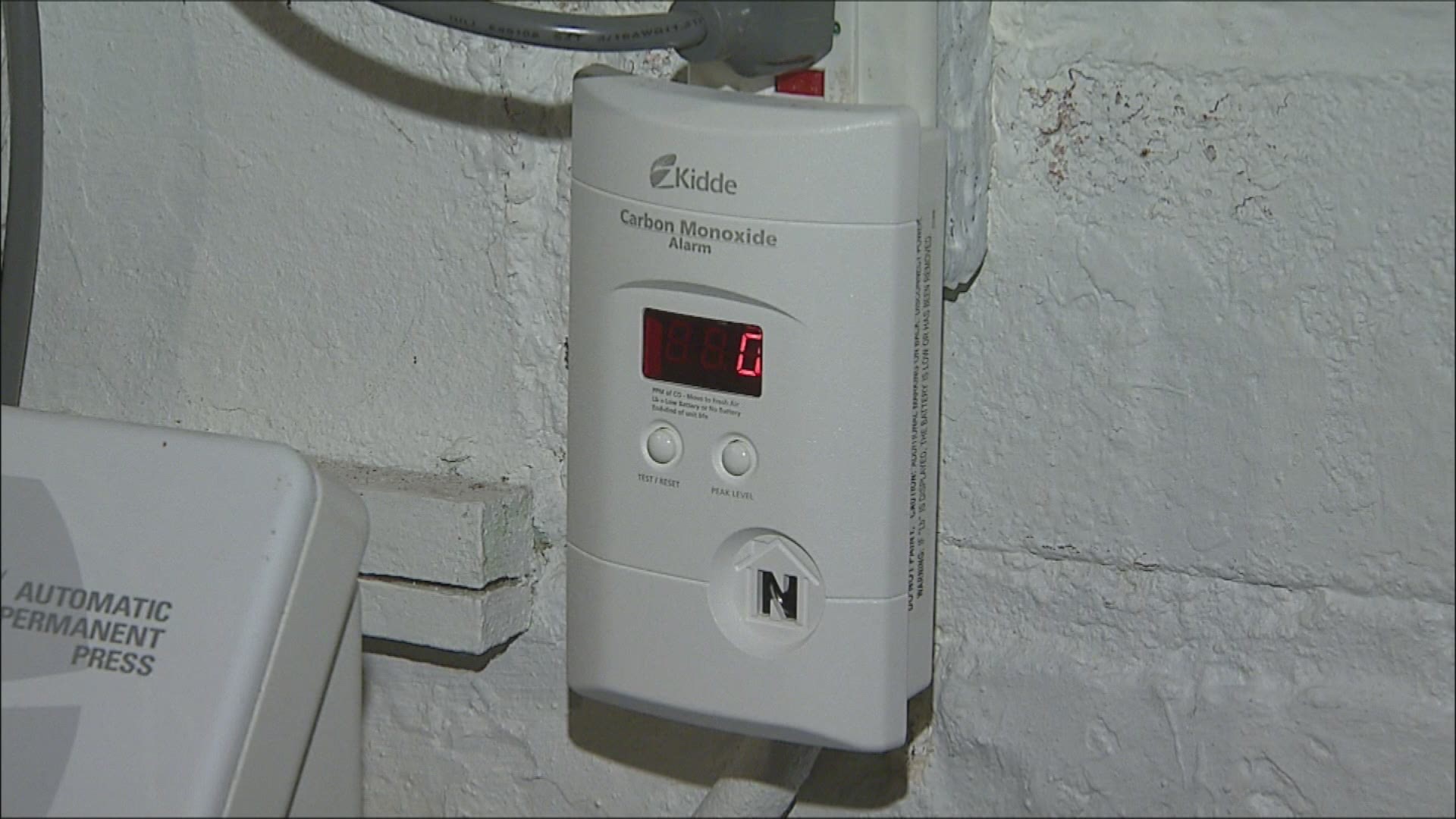DALLAS — As temperatures plunge down in North Texas Monday and many remain without power, first responders are warning about the dangers of carbon monoxide poisoning and ways to stay safe.
From Friday to Monday as temperatures dropped, Dallas Fire-Rescue responded to 31 carbon monoxide (CO) detector calls. That means alarms were sounding, but people did not report symptoms.
However, crews responded to one carbon monoxide emergency call, which resulted in one person dying from CO poisoning. It happened on the 4600 block of Cedar Springs Road in Dallas.
According to the Centers for Disease Control and Prevention (CDC), carbon monoxide exposures and poisoning occur more often during the fall and winter when people are more likely to use gas furnaces and heaters.
Here are some tips from Dallas Fire-Rescue to stay safe:
- Do not use kitchen appliances, like gas stoves or ovens to warm up your house.
- Do not bring a generator inside. When using a generator, make sure there is proper ventilation.
- Do not use propane heaters or barbecue grills inside for heat.
- Do not sit in your car with the engine and heat running.
- Do make sure you have carbon monoxide detectors in the house on every floor.
Carbon monoxide is known as a silent killer, and it can happen fast. It is colorless, tasteless and odorless. Some symptoms of CO poisoning include headache, dizziness, weakness, upset stomach, vomiting, chest pain and confusion, according to the CDC.
Carbon monoxide poisoning is preventable. Call 911 if your CO detector ever sounds, and seek immediate medical attention if you suspect CO poisoning.

